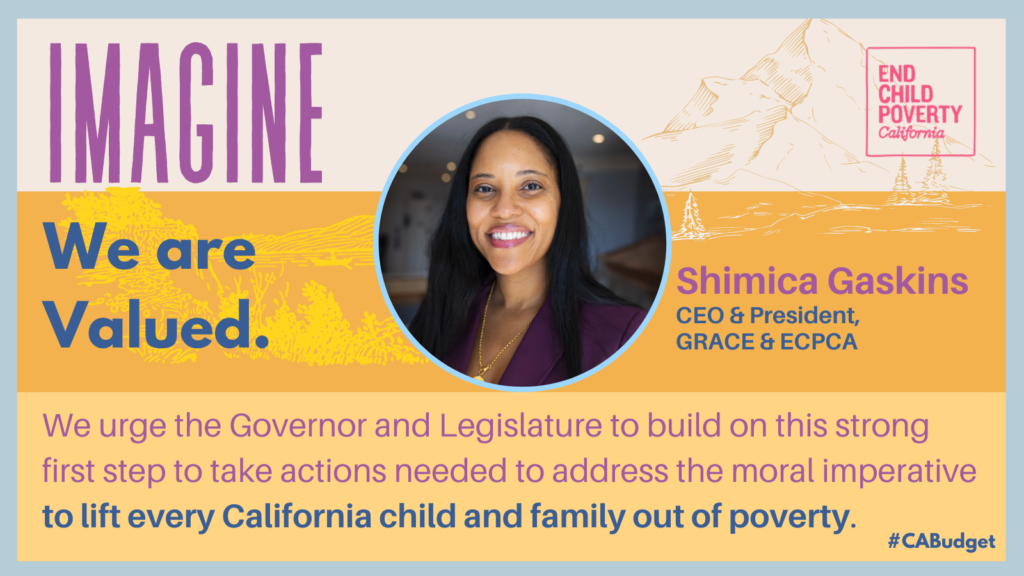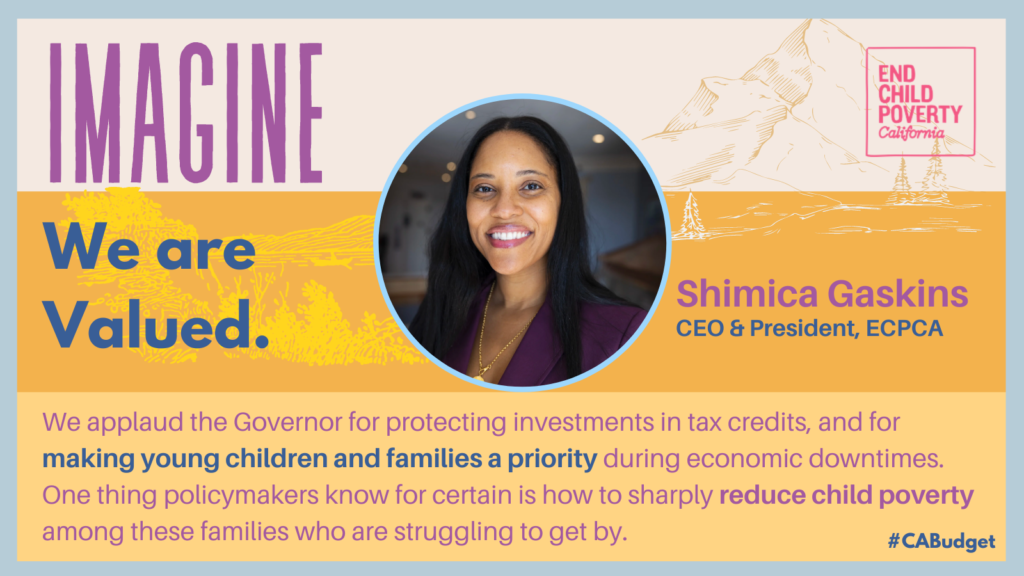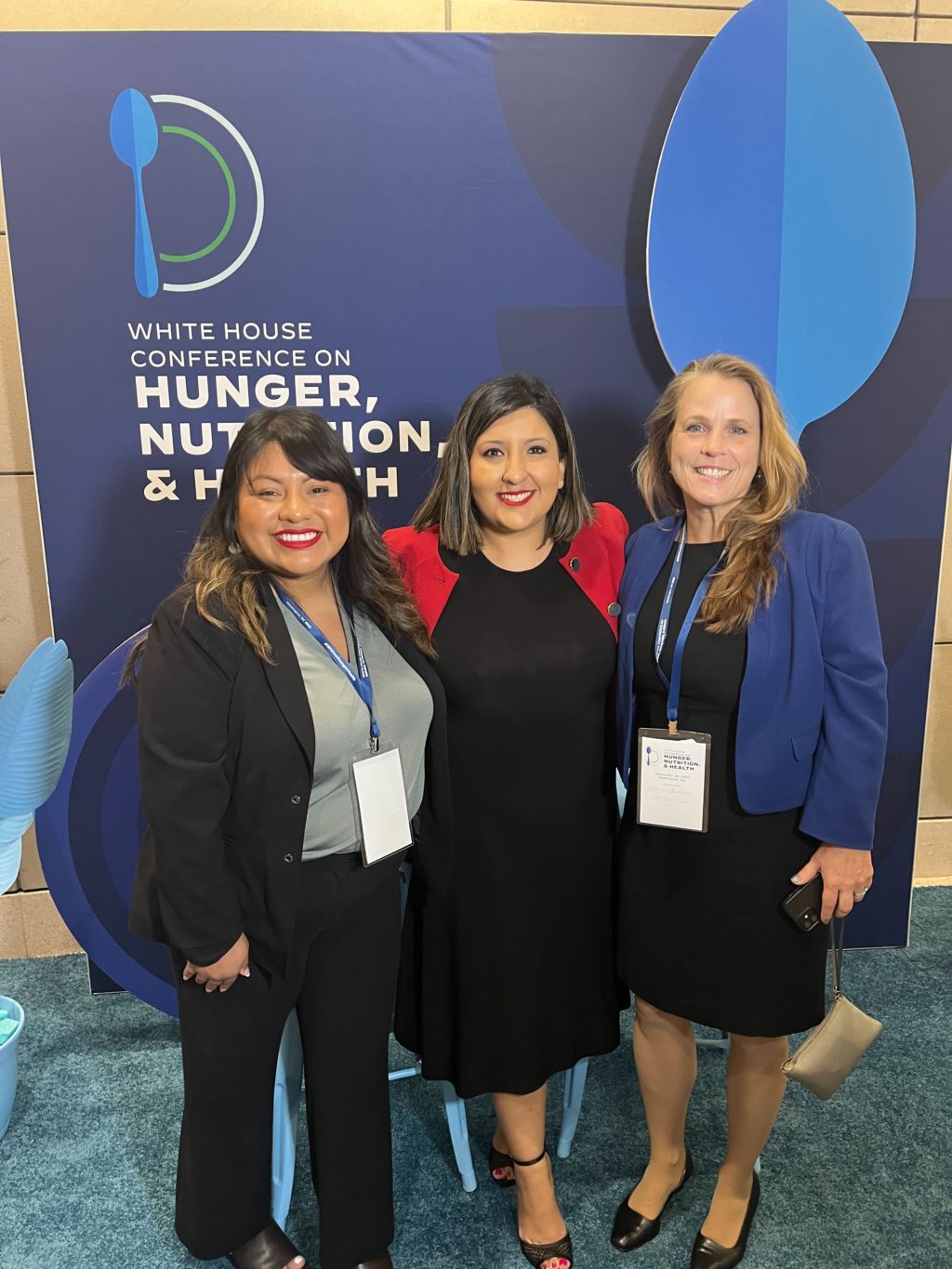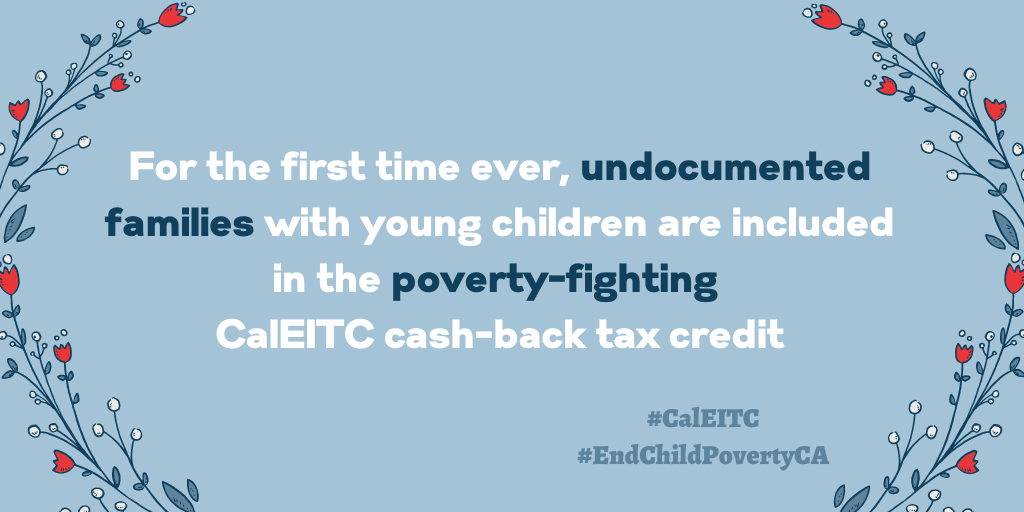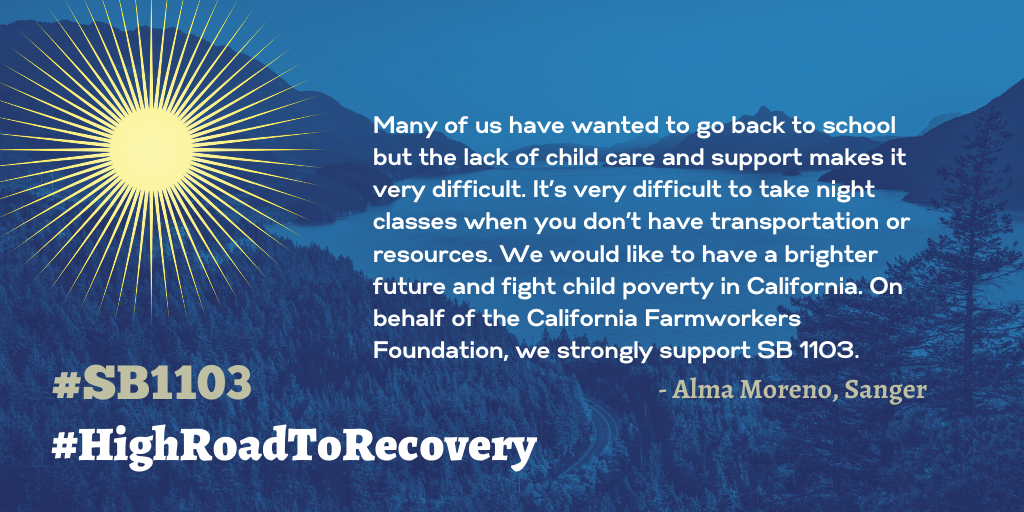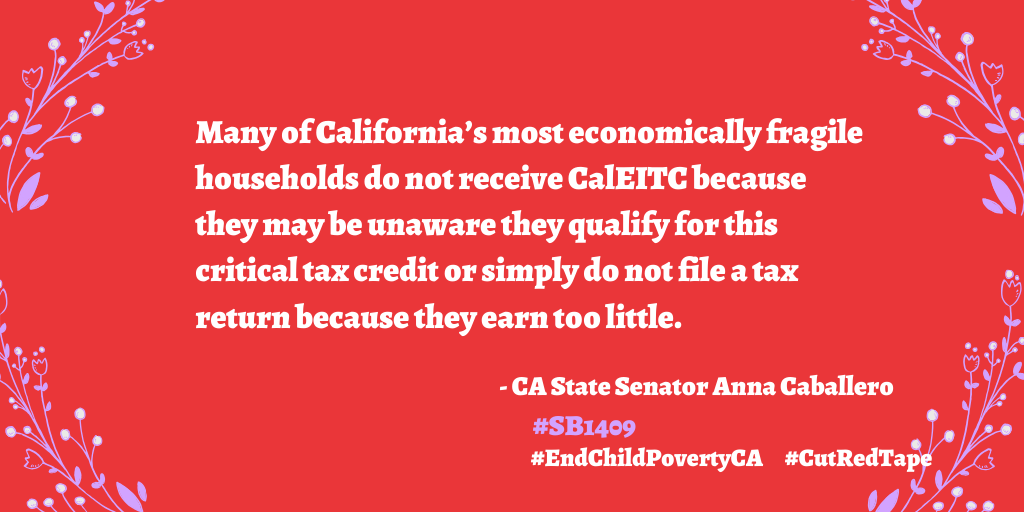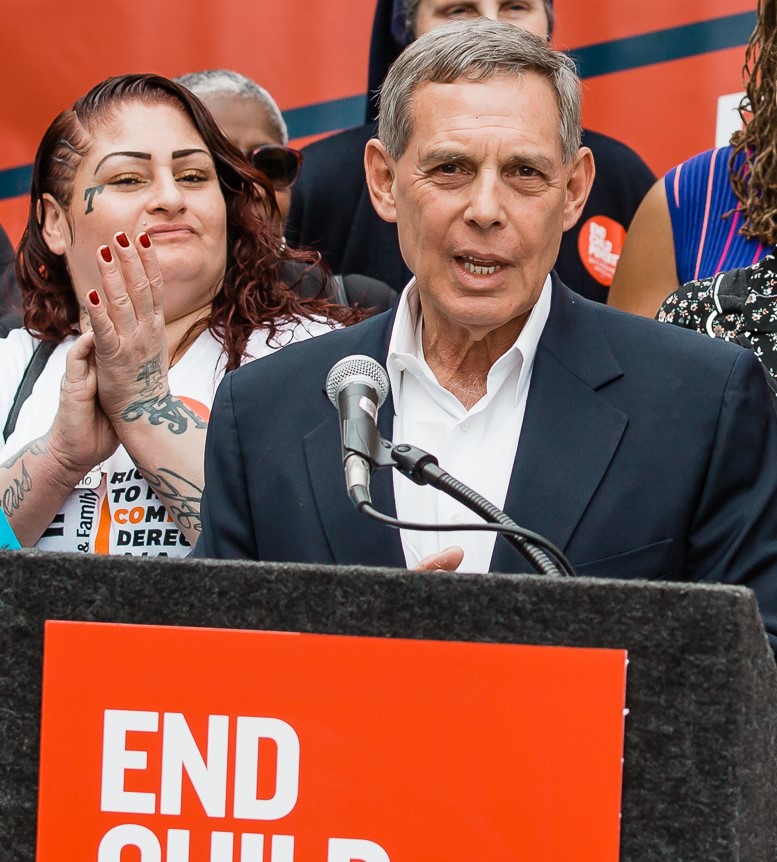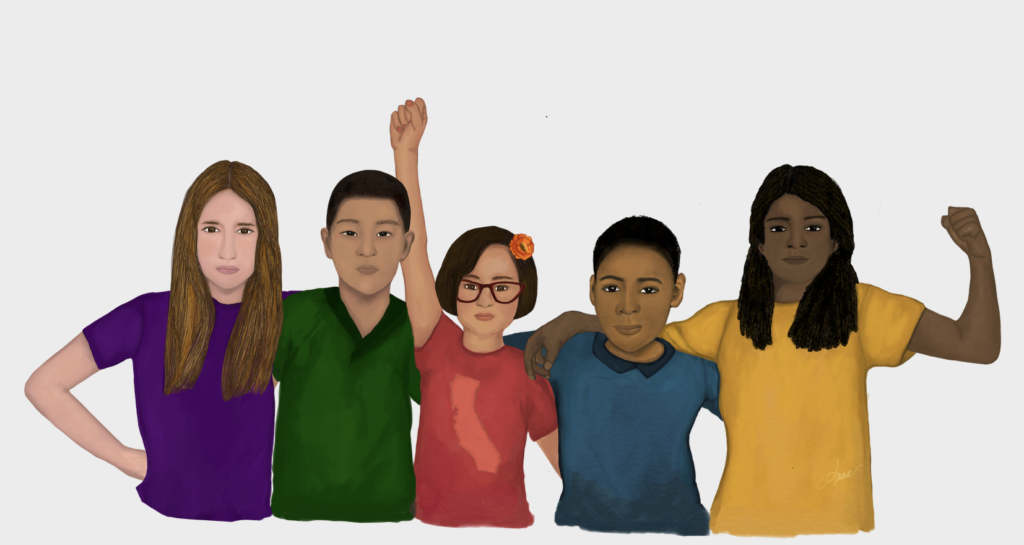GRACE & End Child Poverty California Oppose Debt Ceiling Agreement That Cuts Critical Cash and Food Aid
Expanding the SNAP time limit and deepening punitive TANF rules will worsen poverty and hunger
PASADENA, CA // May 31, 2023
The proposed debt ceiling agreement comes at the expense of Californians with the lowest incomes, furthering narratives rooted in racist and sexist stereotypes that stigmatize families experiencing poverty, and perpetuating structural racism by undermining true economic mobility. Expanding cruel, failed barriers and making cuts in TANF, SNAP, and other programs will mean greater hunger and poverty from children to older adults. This is simply unacceptable, especially as we have the tools, including more equitable revenues, to avoid a default.
On TANF (CalWORKs), the agreement defies decades of research that federal policymakers should replace the restrictive, punitive TANF model with a program that empowers families to choose the activities they need to support economic mobility.
Instead, the bill worsens work requirements we know don’t improve employment or income – but are effective at taking away family’s basic income. CalWORKs sanctions already push 60,000 California children – overwhelmingly Black, Latinx, and other communities of color – deeper into poverty, destabilizing families to the point where children are removed and placed into child welfare. The agreement will subject even more families to the narrow, punitive rules that result in life-long consequences for children experiencing poverty.
The agreement also has an historic expansion of the cruel 3-month time SNAP limit, threatening food assistance for older adults who are the most likely to face age discrimination in the labor market or have an undiagnosed disability that takes years for Social Security to determine.
This is the opposite of the policy direction we should pursue: instead of determining who deserves to eat, we should stand firm that food is a human right and should not have a time limit, period. The Congress should pass Rep. Barbara Lee’s H.R. 1510 that would end the time limit for good, and Rep. Jimmy Gomez’s H.R. 3183 that would end the unjust college student rule.
In both TANF and SNAP, the debate was completely divorced from the reality of the brutal conditions of poverty in America, and perpetuated racist and sexist ideas that people living in poverty must be coerced to work.
We will have to turn to our Legislature and Administration, at nearly the end of our budget process, to try and mitigate the harm from these policies. That may or may not be possible, but all of which takes time and resources away from conversations about moving forward to evidence-based models that we must empower families to determine their finding pathways to true economic security outside of the failed, punitive model embodied in work requirements.
The agreement comes during divided government and surely represents important improvements to the House-passed bill. But we must be clear-eyed about the damage this does to our proven anti-poverty programs and the message to the children and families who rely on them. We must never again allow the poorest among us to be held hostage.
